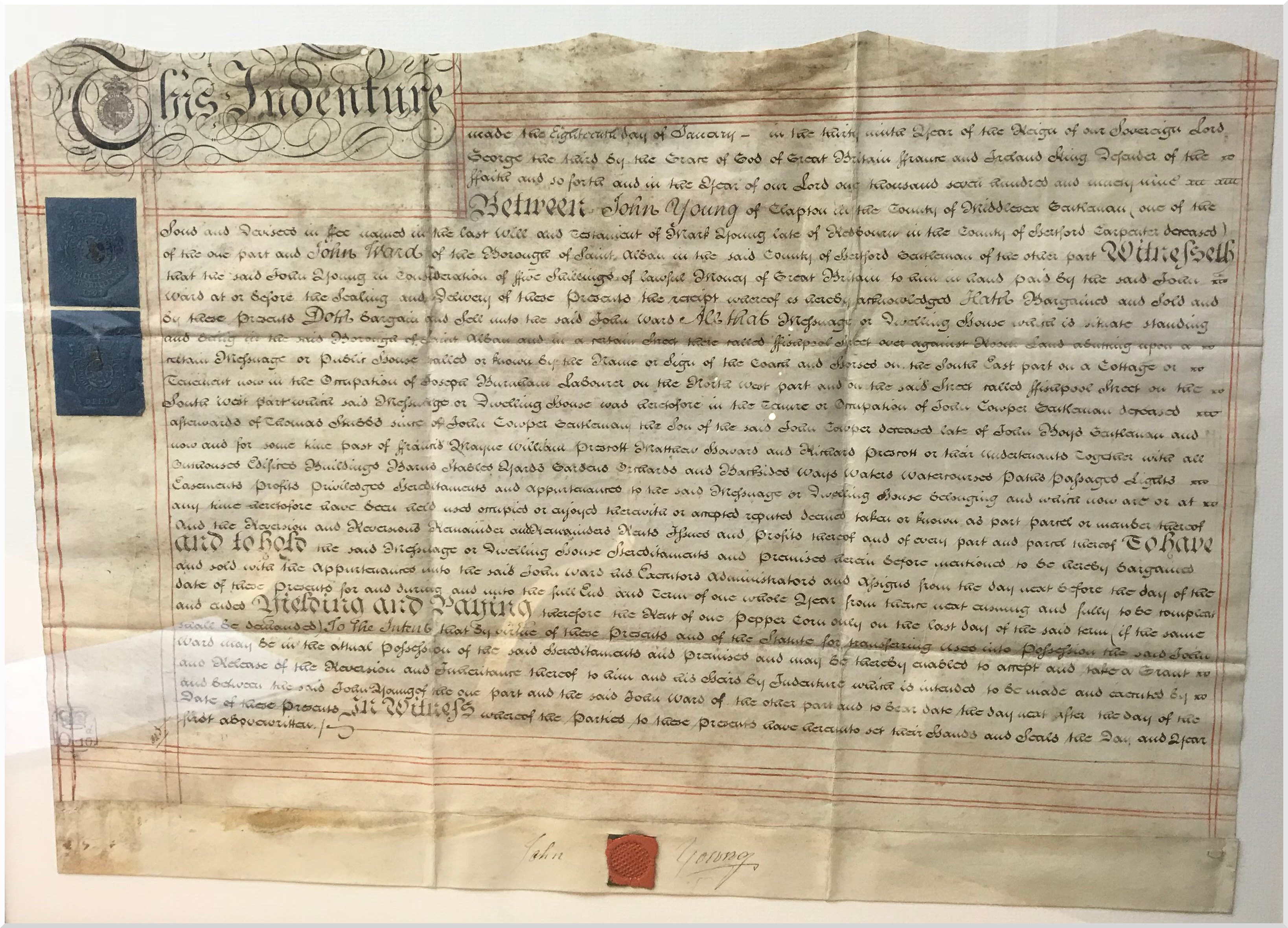Much attention during the covid-19 lockdown has been focussed on the increase in domestic violence cases when family members are forced to live close together for long periods of time. Organisations such as Women’s Aid and the National Domestic Violence Helpline, as well as numerous police forces around the country, have reported surges in the numbers of requests for help over recent months. Financial worries, job security, children’s education, increased substance abuse and alcohol consumption, and the banning of visits to friends and family have raised the temperature of relationships to boiling point.
Frequently overlooked in these discussions are older couples, who have often lived under the same roof for a great many years. However, longevity in the relationship is no guarantee that domestic violence does not happen. The older generation are often reluctant to seek help from social services or the police, preferring to keep their problems behind closed doors. They may not want to project their troubles onto their grown up children, or feel unable to start their lives again at such an advanced age. Many will lack the financial resources to begin a new life on their own or have the confidence to embark on divorce proceedings. After so many years of abuse others will have normalised and accepted the abuse they suffer, or be so afraid of their partner that they are too frightened to leave.
Figures from the Crime Survey of England and Wales show that in the year to June 2020 there were 180,000 women aged between 60 and 74 who were victims of domestic violence. In the same period the survey identified 98,000 male victims. In their report titled No Age Limit: The Hidden Face of Domestic Abuse, the charity Age UK claims that older women suffer from domestic abuse at the same levels as younger age groups. However, research shows that older people are less likely to contact domestic violence support services. Age UK also suggests that since data on adults aged over 74 is not collected the true level of abuse among the elderly is unknown.
In cases of domestic abuse of the elderly it should be noted that abuse is not perpetrated solely by the partner of the victim. In many cases the abuse is carried out by adult children or grandchildren, as well as carers tasked with looking after the victim, or even friends and neighbours. In many of these cases the victim has some form of dependency for their well-being on their abuser so is reluctant to speak out.
The Age UK report calls for changes in the law to re-define domestic abuse in relation to older victims, as well as mechanisms to make reporting suspicious behaviour easier. The charity believes that resources and services already exist to support older victims, but that studies on abuse of those aged over 74 should be included in future planning. Age UK suggests a more active role for the Care Quality Commission to prevent abuse by paid carers and proposes closer cooperation between doctors, NHS staff, police forces and care staff to ensure victims are quickly identified.
With today’s fragmented lifestyles it is likely that we all know an elderly person who could be vulnerable to abuse. With the assistance of professional support services it is up to all members of society to keep a look out for signs of abuse. After all, we may be in a similar position to our elderly family member or neighbour at some point in the future.
It can be stressful and complicated when relationships break down. Bretherton Law’s experienced Family and Child Law Solicitors have been helping people with changes in their circumstances for over 50 years. We are members of Resolution and Accredited in Family Law by the Law Society. For honest, sympathetic advice call Atifha Aftab on 01727 869293, or make an appointment via the form below.
If you are in immediate danger, you should dial 999, press 55 when prompted if you can’t speak.
Contact Refuge on 0808 2000 247, or visit Refuge.
For Age UK report go to: Age UK





